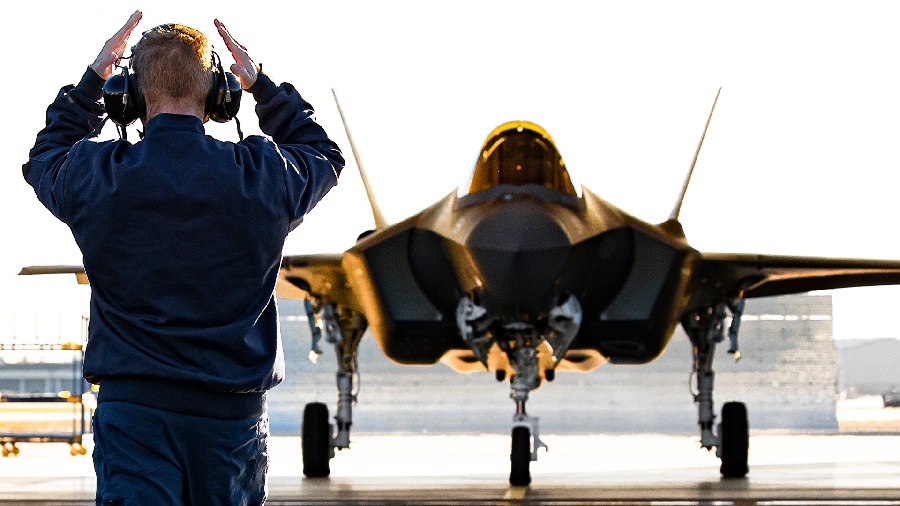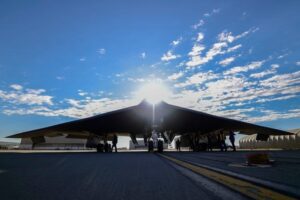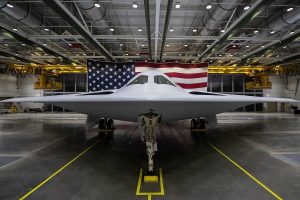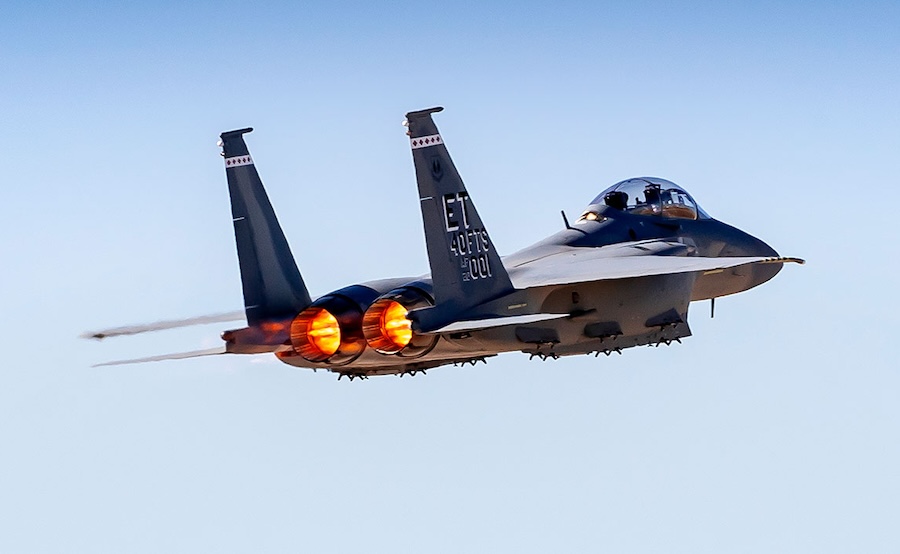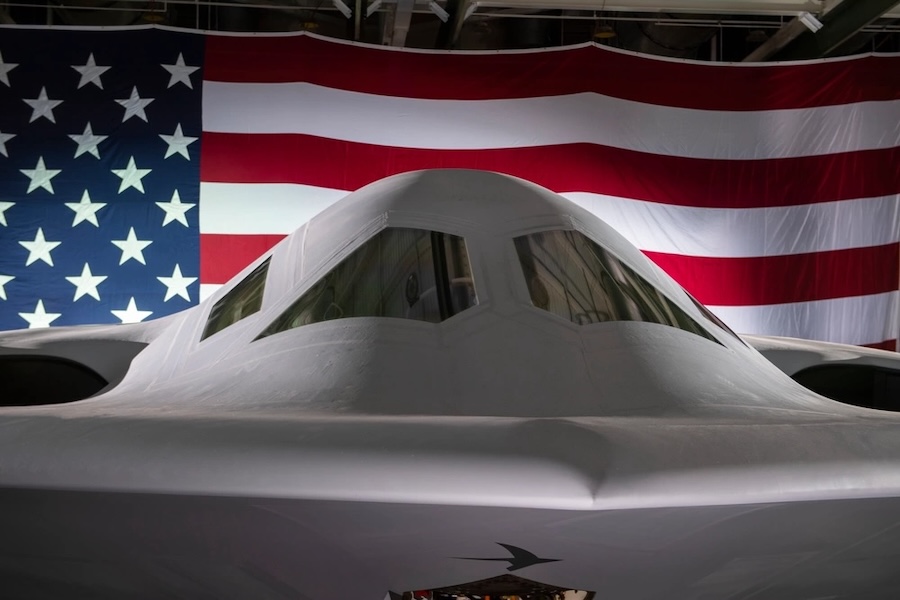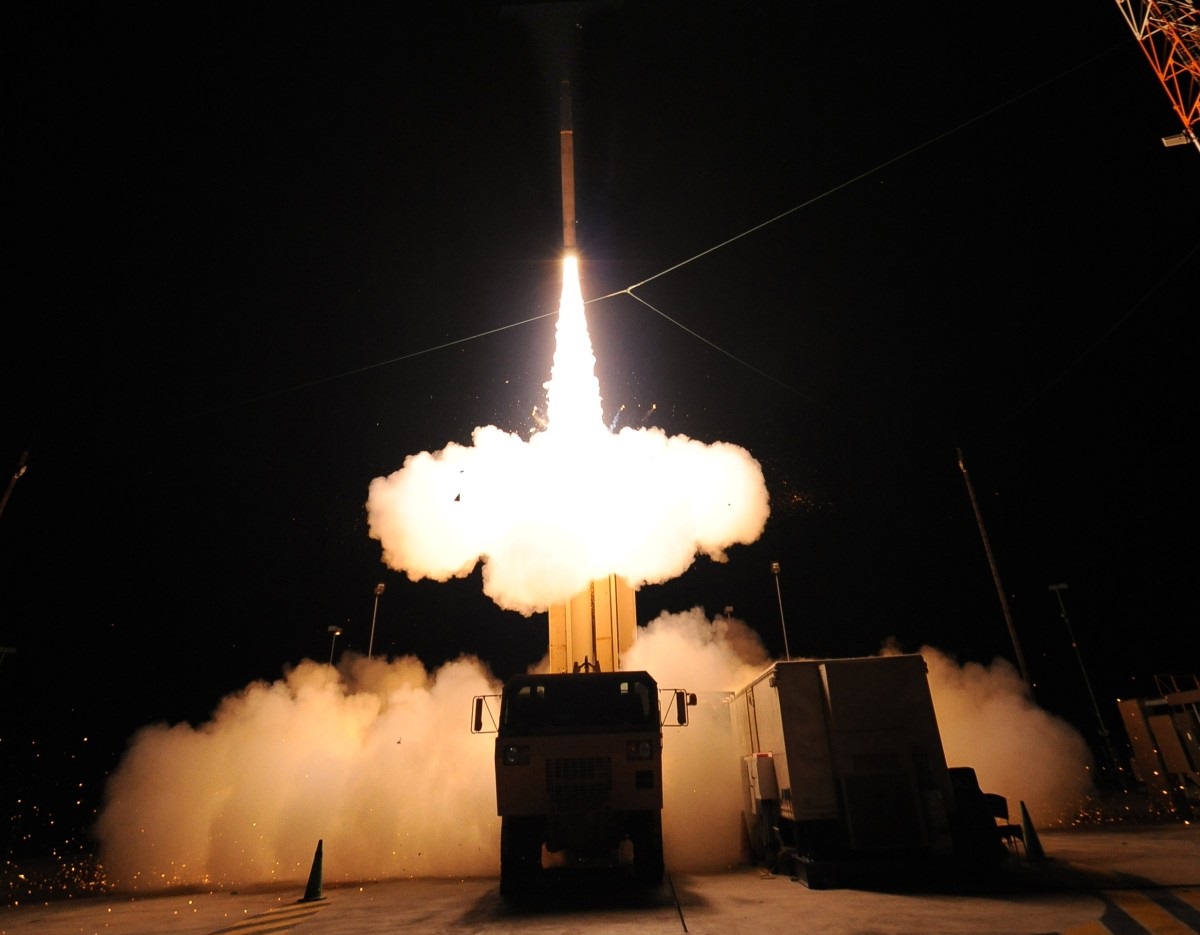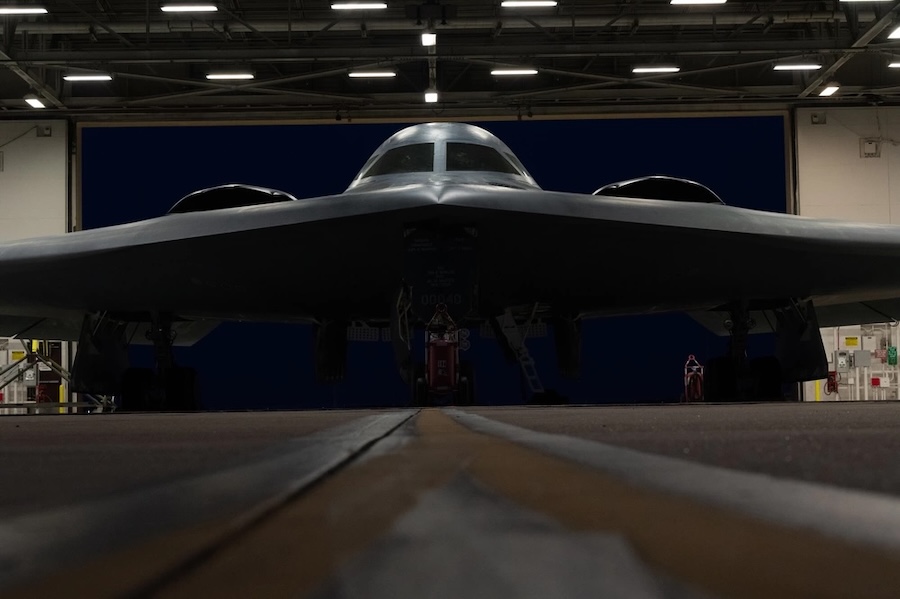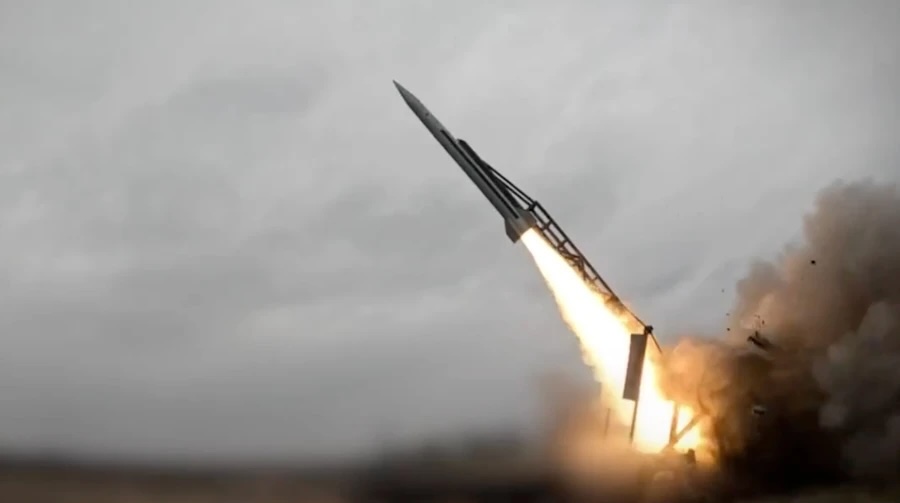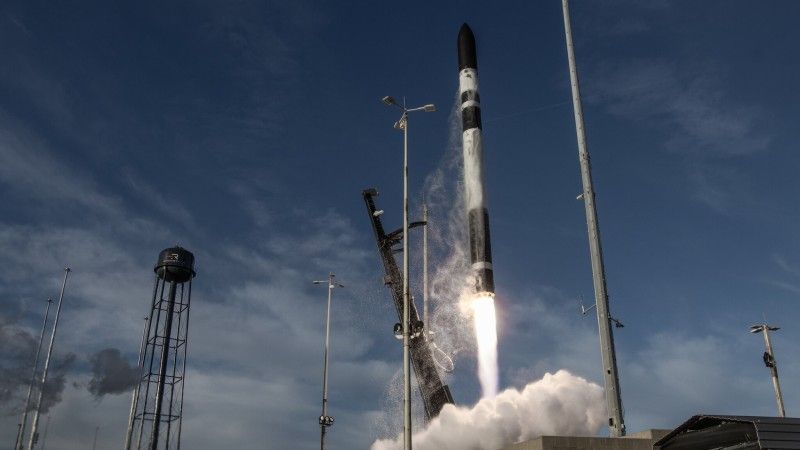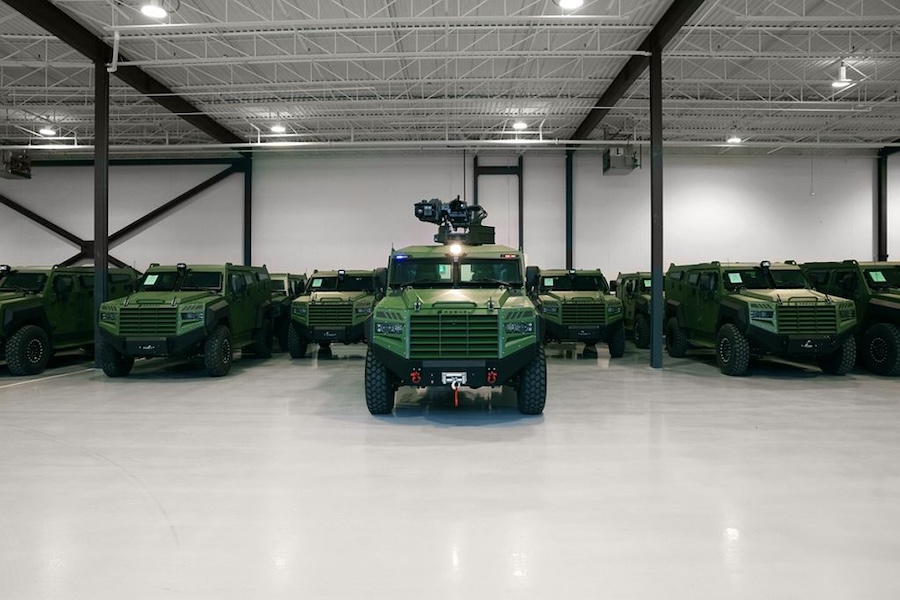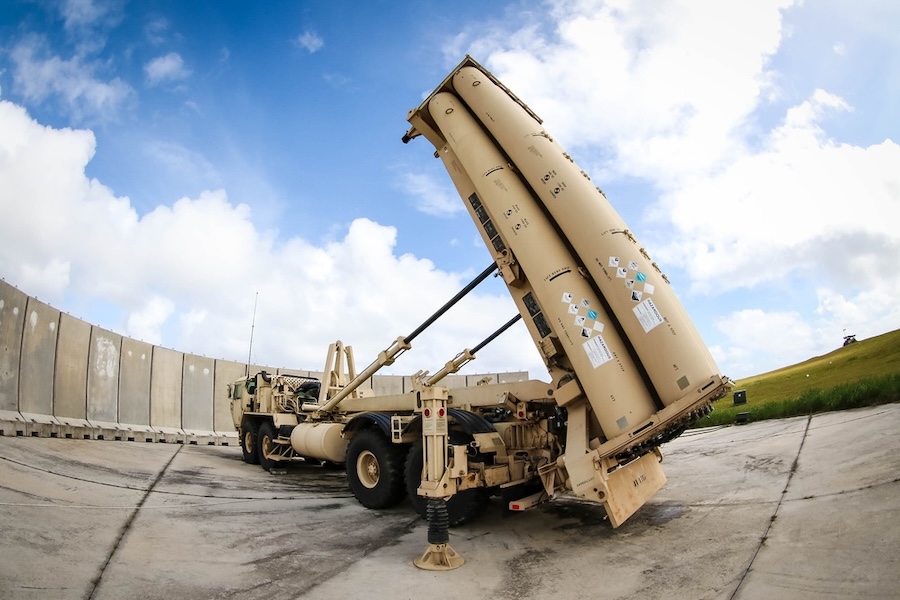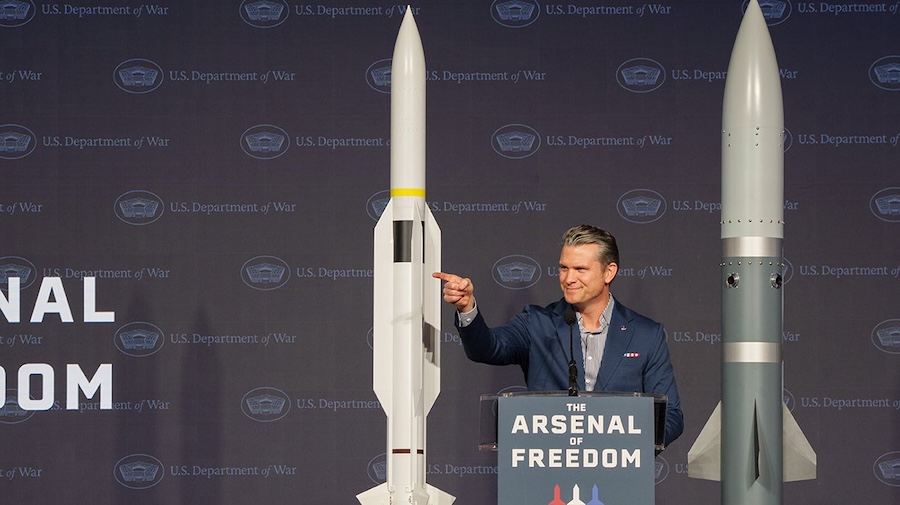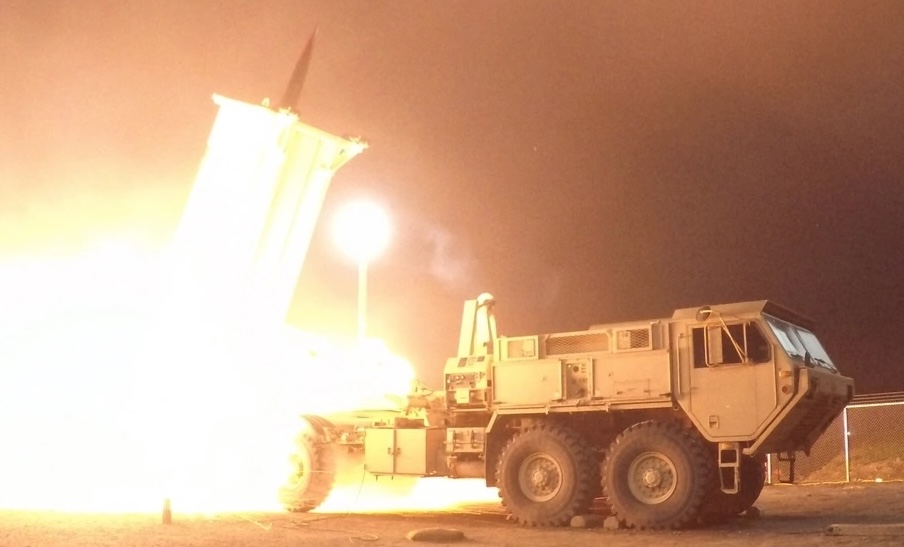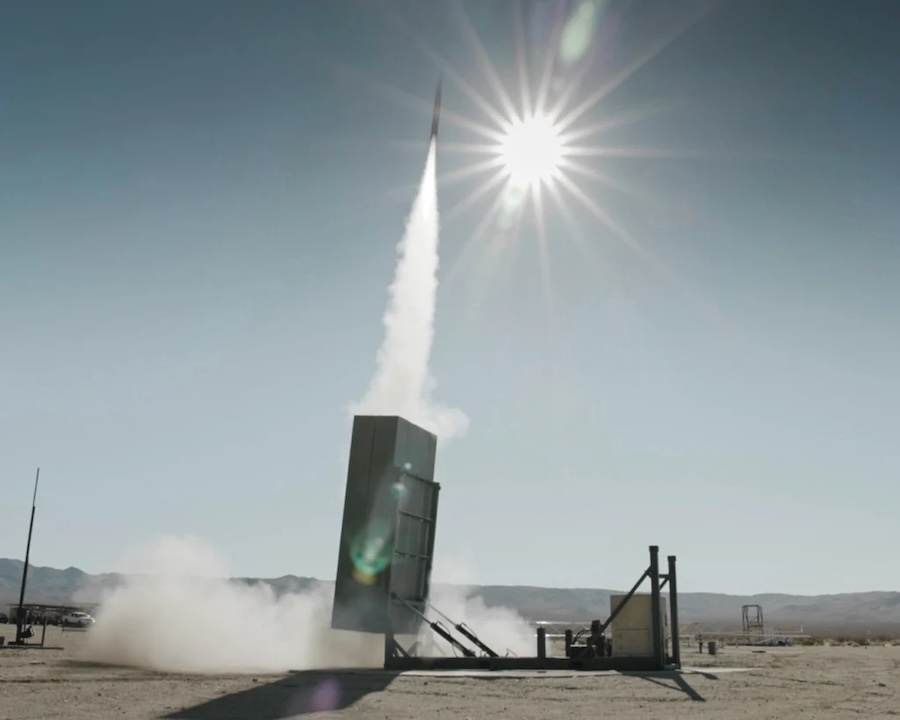A key component of this improvement is the use of automated “smoke detector” infrastructure, developed by the Build Integrity Team. This system helped identify two major issues during an Operational Flight Program release, which would have otherwise propagated through the development cycle and required additional labour and builds.
Smoke testing, also known as “confidence testing,” checks the integrity of software interfaces early in the lifecycle when various components are first combined. This ensures all parts are correctly integrated with the necessary dependencies from the outset.
“In both cases, the issues would have otherwise spread through the development cycle, requiring new builds and twice the amount of labor,” the company stated. The early detection prevented delays and allowed for more efficient use of resources.
“This is a great example of how F-35 teams are collaborating and leveraging automation to perform with excellence for our customers,” said Mike Delprincipe, F-35 Software Engineering Director. “Seemingly small improvements like this lead to big cost and schedule savings down the line.”
Source: f35.com.


